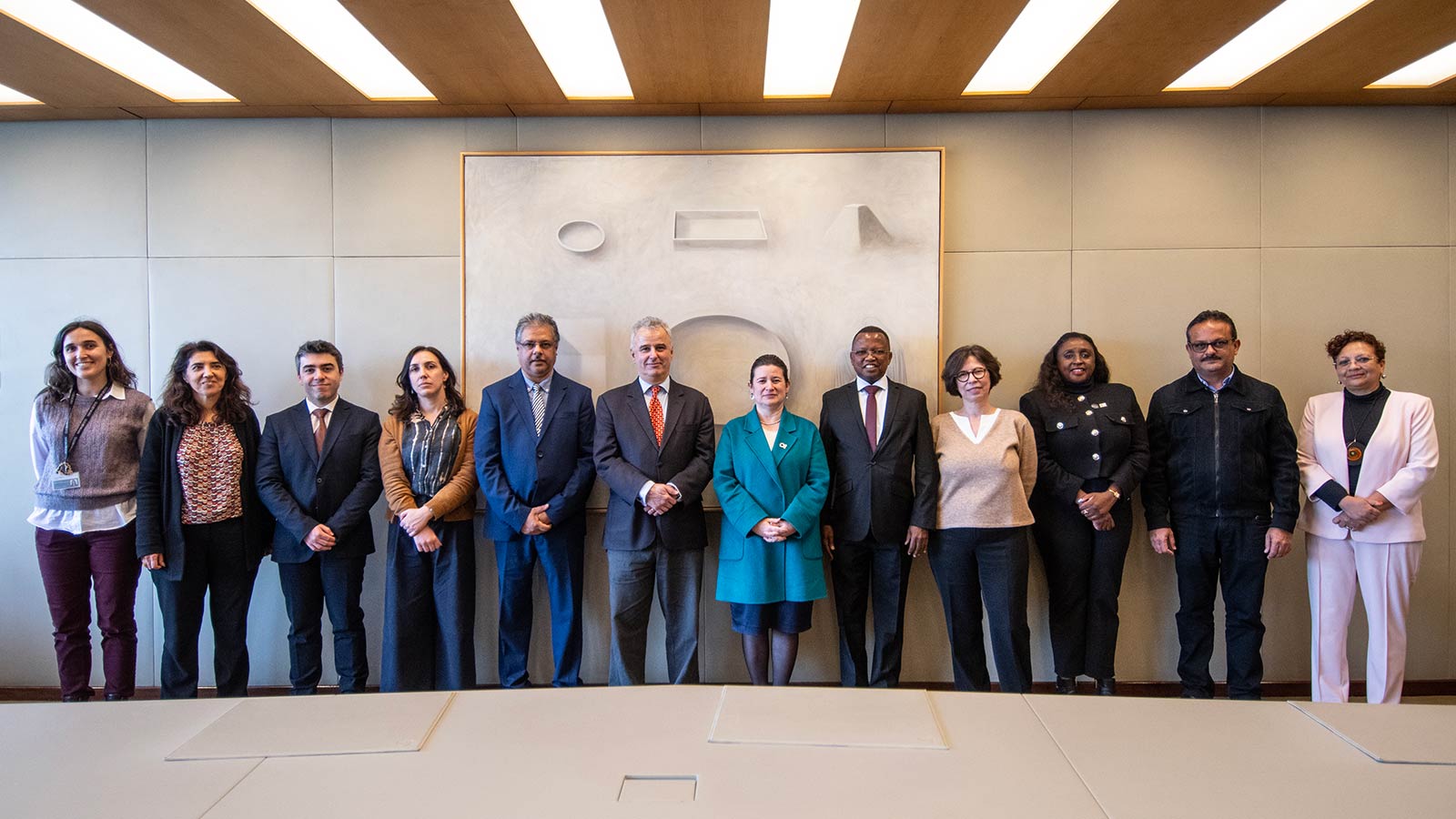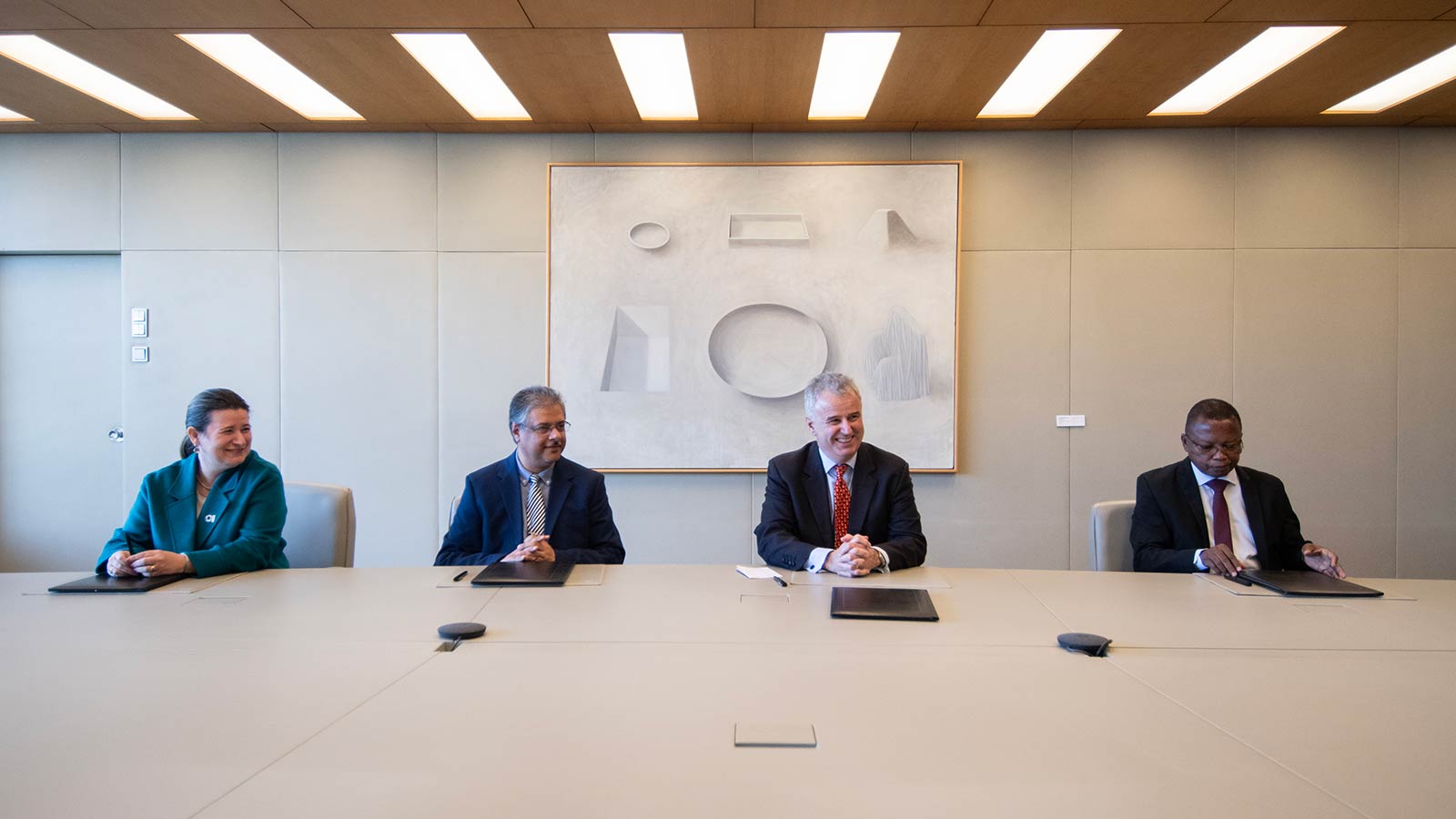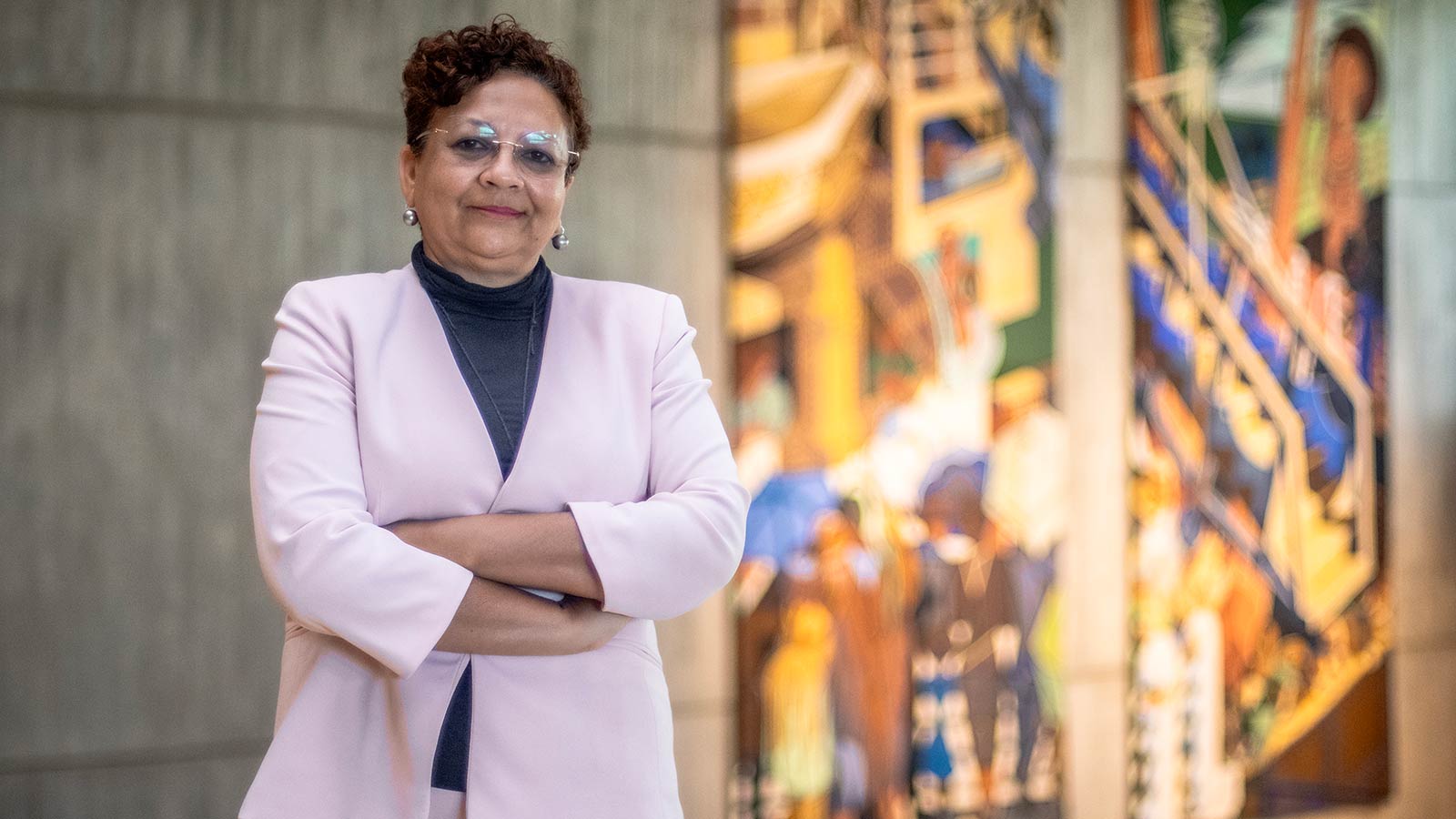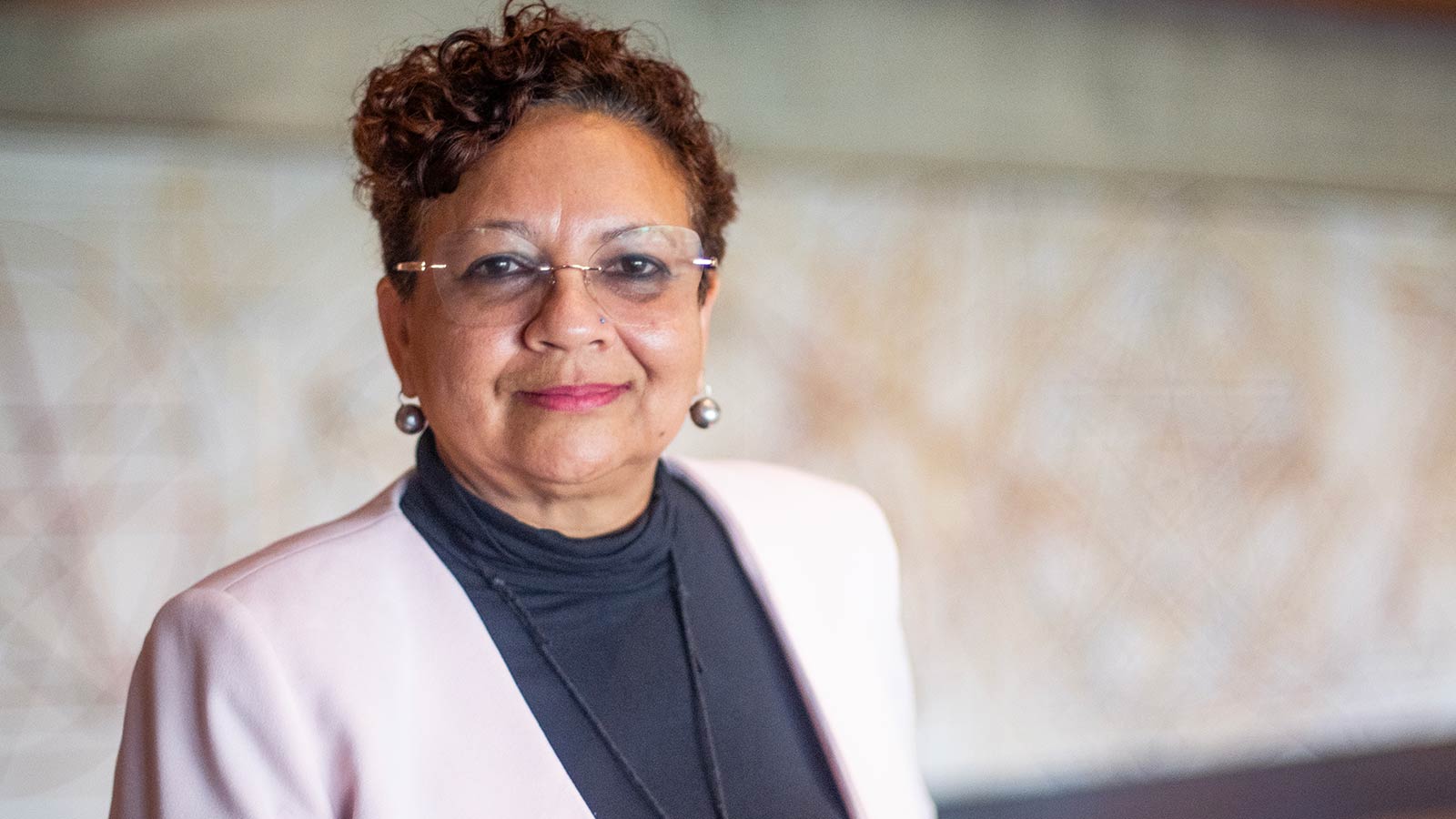Carla Carrilho: “I envision a country better equipped to treat oncological diseases”
In general terms, what will the OncoInvest project consist of?
This is a three-year project, funded by the Camões Institute and the Calouste Gulbenkian Foundation, which arises from the experience of two previous projects in the field of oncology at Maputo Central Hospital. It aims to contribute to strengthening the coverage of quality differentiated oncological health services in Mozambique by improving diagnosis as well as the skills of healthcare professionals in the field of oncology with access to new technologies.
Greater emphasis will be placed on promoting clinical research capacity and its support infrastructures in the field of oncology. This is a partnership project between the Faculty of Medicine at Eduardo Mondlane University (FAMED-UEM) and Maputo Central Hospital (HCM), with technical support from FCG. The project will be implemented mainly at HCM but also at FAMED-UEM.
There are plans to implement a telepathology/digital pathology system; internships in Portugal for pathologists and oncologists, as well as residents in areas related to oncology for improvements in cancer diagnosis and treatment; the creation of a tumour tissue bank; the conception and implementation of a Master’s Degree in Oncology and support for students on FAMED-UEM’s PhD programme in biosciences and public health, as well as master’s degrees in biosciences through the award of a number of scholarships.


What are the biggest difficulties in the field of oncology in Mozambique?
From a clinical perspective, one of the problems is the late diagnosis of oncological patients, which hinders timely and appropriate treatment. The lack of specialised human resources for diagnosis and treatment in the field of oncology is another issue. There is, therefore, a need to train and keep health professionals working in this area up to date, particularly on new diagnostic and treatment protocols, improve infrastructures and acquire more equipment for quality diagnosis and treatment.
As far as research is concerned, although there has been an improvement in the field of oncology, this is still far from ideal. The difficulties are common to all research areas, for example: a lack of organisational and physical infrastructure to conduct clinical research with the rigour that is required; a lack of human and material resources; a lack of funding; little professional and social recognition for those who carry out research; inexperience in preparing funding proposals for competitive funds and in writing scientific articles; a lack of expertise in research methodologies; insufficient laboratory capacity.
From a training perspective, we also feel that oncology content is limited, both in undergraduate and postgraduate education. There will also be other difficulties, for example in terms of prevention, screening and palliative care, but the project focuses more on the issues I mentioned earlier.
What is the importance of establishing co-operation protocols between PALOP entities and Portugal?
Portugal has been collaborating for many years in the healthcare field and has installed capacities that are far more developed than those in the PALOP and which are internationally recognised. The benefit of this collaboration for the PALOP is that they can learn from the Portuguese experience and train their teams, both in care and research, strengthening knowledge transfer and good clinical practice.
We have the opportunity to collaborate with centres of excellence in oncology, diagnostics and cancer research, such as partnerships with the Hospital de São João in Porto, the Institute of Molecular Pathology and Immunology at UP, IPO-Porto, the Institute of Public Health at UP, as well as other institutions, in training, research, diagnostics, treatment and technology transfer.
The fact that we speak the same language also facilitates learning and the exchange of experiences. The Portuguese counterpart, on the other hand, also benefits from this cooperation by learning from a different reality. For example, the digital pathology and oncological telemedicine system makes it possible to discuss and share cases of pathology that are less prevalent in Portugal and still common in Africa.

At the end of the project (in 2026), what do you hope to have achieved?
We hope to have reinforced the capability to conduct clinical research in oncology in Mozambique, as well as improved the quality of diagnosis and treatment in oncology, based on scientific evidence.
Our hope is to create and operate a tumour bank to be used by specialists and researchers in areas of oncology; to have Mozambican doctors and researchers with the capacity to produce and share scientific knowledge in the field of oncology, based on research developed locally and in partnership with other international and PALOP research centres and academic institutions; as well as to have contributed to postgraduate academic training through a Master’s degree in oncology that has been accredited and implemented locally.
In the future, do you hope to continue working in health and research in Mozambique? What future do you envision for the country in these areas?
I hope to continue practising pathological anatomy and to contribute to the training of new specialists in this field, to continue doing multidisciplinary research in the field of cancer, and also to contribute to academic training in these fields.
I envision a country better equipped to treat oncological diseases as well as a more advanced research capability, with more master’s degrees, doctorates and specialists and greater autonomy in research. The aim is for the project to contribute to the National Cancer Control Programme and enable Mozambique to provide the best care for cancer patients, based on scientific evidence.

